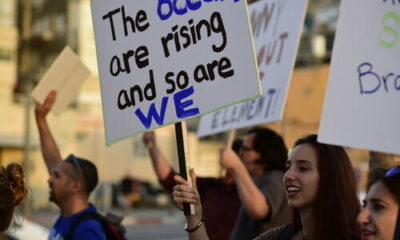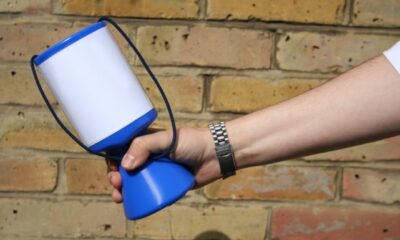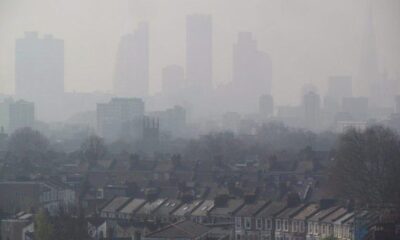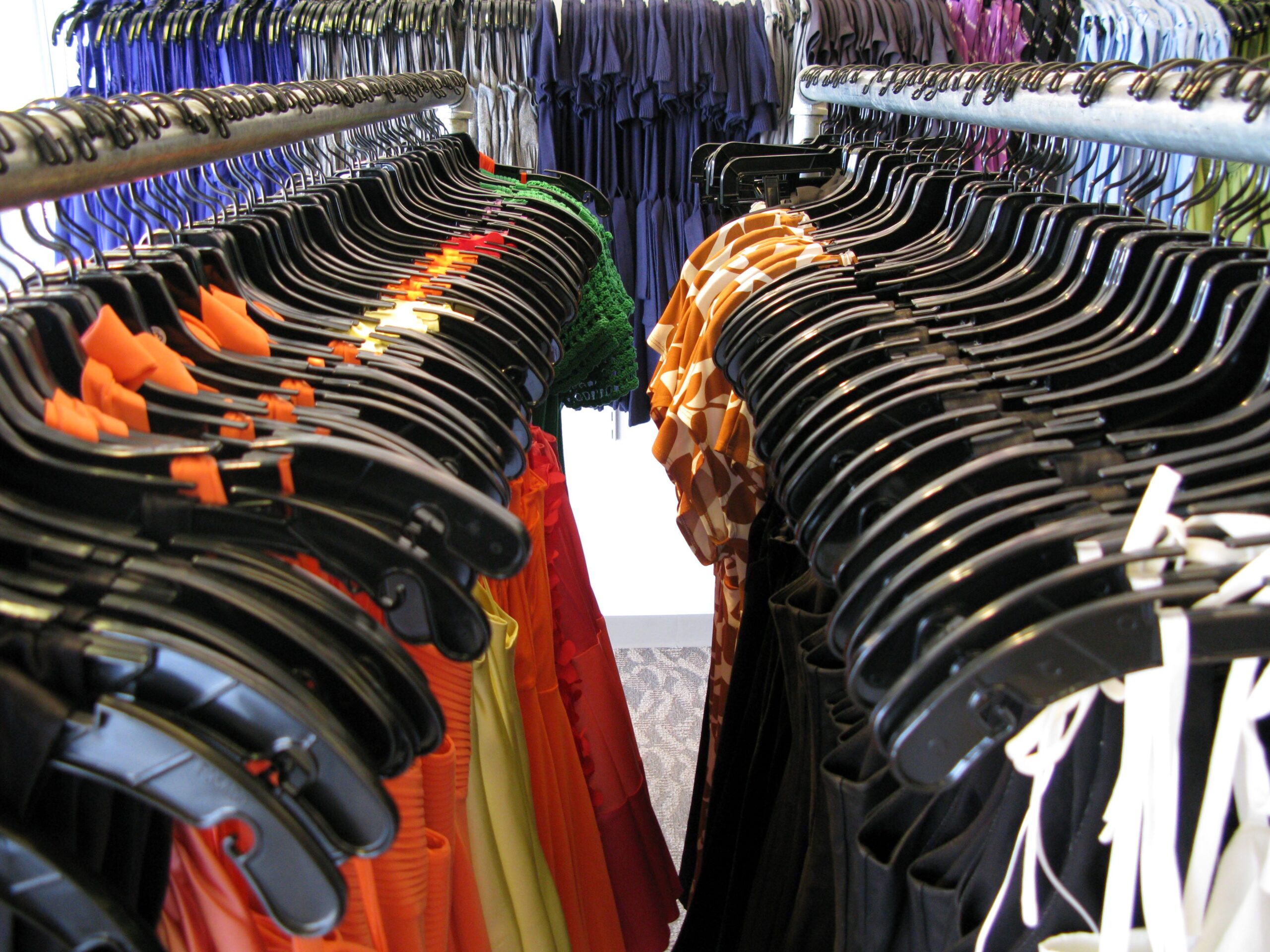
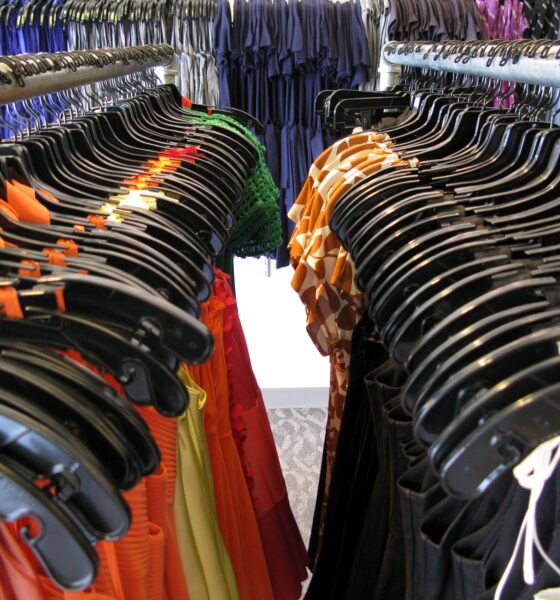
News
Dutch shoppers worried about how clothes are made after Rana Plaza disaster
Dutch shoppers are worried about where their clothes come from and how are they produced, following a factory collapse in Bangladesh last year in which over 1,000 garment workers died.
The survey of consumer habits, led by DVJ-Insights and commissioned by RTL Nieuws, asked 533 people about the incident. The results, published in April to mark the one-year anniversary of the Rana Plaza disaster, showed around 91% were aware of what happened in Dhaka.
When asked if the tragedy had had any effect on them, three-quarters of respondents said they had started to be worried about how and where their clothes were made.
However, only 20% of consumers said they had changed their shopping habits since the event, despite the majority (75%) declaring that they would be willing to pay more for clothes that were made ethically and under safer working conditions.
More than 1,100 people were killed when the factory collapsed in April last year. As many high street brands produced clothes at the site, several firms – such as Gap, Benetton and Primark – faced criticism after the accident and were accused of exploiting workers and neglecting safety.
Subsequent investigations found that garment staff in Bangladesh work up to 19 hours per day, earning less than £40 a month. Consumer groups and charities have launched various campaigns after the disaster, aimed at raising awareness aboutt holes in the supply chain of the fashion industry.
Meanwhile, the membership organisation Sedex Global has also worked on ways to make supply chains more sustainable, for instance by launching a film series and more recently by launching a monitoring platform with the help of the World Bank.
Photo: Robert Linder via Freeimages
Further reading:
Fashion Revolution Day to promote supply chain issues on Rana Plaza anniversary
We are a long way from achieving stability in supply chains
Compensate Bangladesh factory collapse victims, demand campaigners



